We’ve all been there—sitting in a social gathering, and someone cracks a joke that lands with all the grace of a lead balloon. You smile politely, but inside, you’re wondering how to handle the situation without causing an awkward silence. Understanding how to respond to “bad jokes” is an art form. But why are these bad jokes so common, and how can we respond in a way that keeps the mood light and enjoyable? Let’s dive into the world of bad jokes and explore some strategies for handling them with grace and good humor.
Why Bad Jokes Are Ubiquitous
- The Role of Humor in Social Interactions
Humor is a universal language. It helps break the ice, builds connections, and even diffuses tense situations. But not all humor lands the way it’s intended. Sometimes, a joke misses the mark, resulting in a groan or awkward silence. Bad jokes are a part of this comedic spectrum, often reflecting the teller’s attempt to connect or entertain, even if the result falls flat.
- Cultural and Personal Variations in Humor
Humor is subjective. What one person finds hilarious, another might find confusing or annoying. Cultural differences also play a significant role in how jokes are perceived. A popular pun in one country might not make sense in another, and what’s considered a funny dad joke to one person might be seen as cringe-worthy to another.
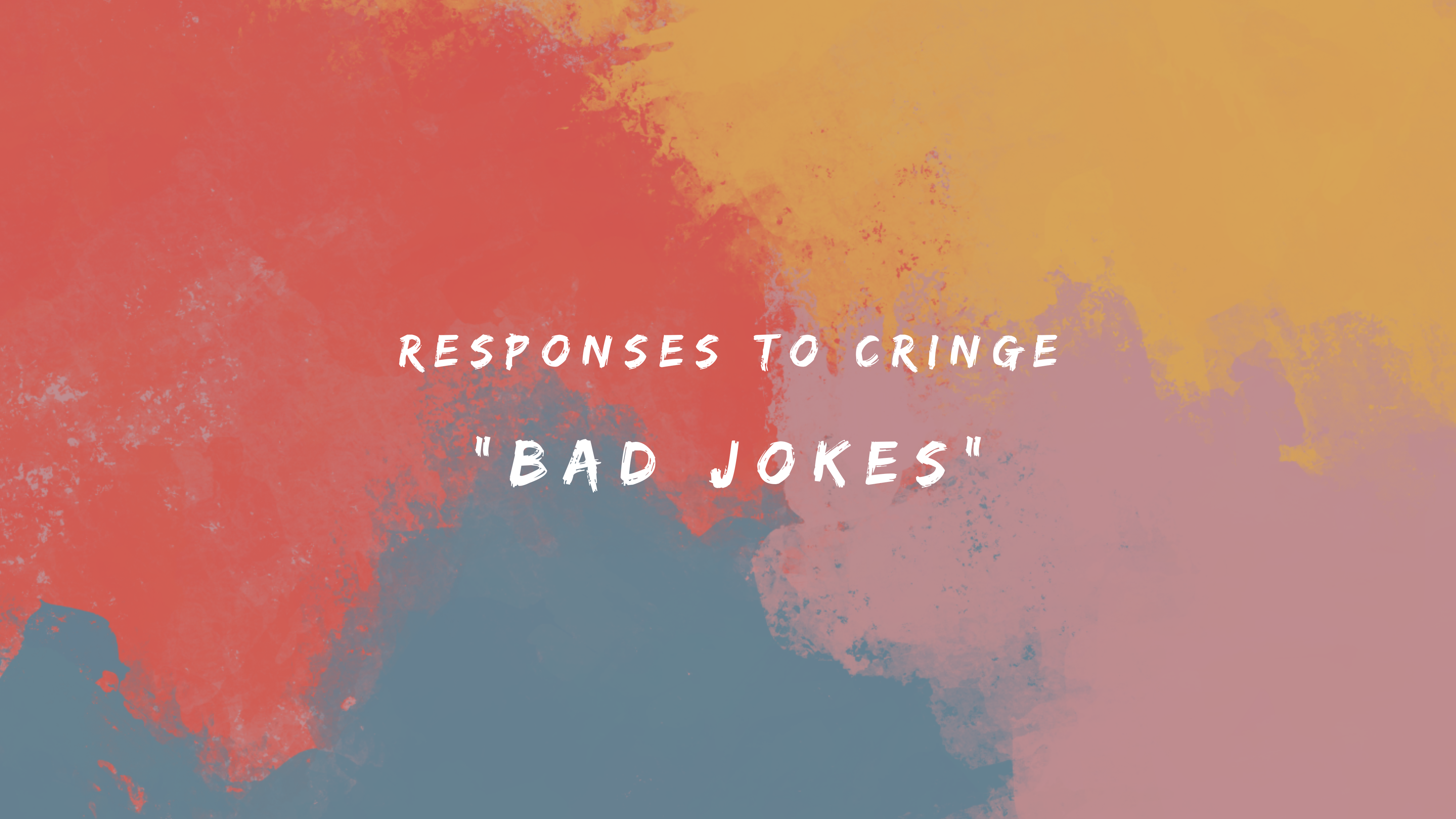
150+ Responses To A Bad Joke
Polite Laughter
- Haha, that’s a unique one!
- Oh, that’s an interesting twist!
- Heh, nice effort!
- That’s certainly a creative angle.
- Oh, you got me there!
- Haha, good try!
- Hmm, that’s a new one for me.
- Interesting choice of humor!
- Oh, I see what you were going for!
- Haha, that’s different!
Encouraging
- Nice try! Keep at it!
- You’re getting there; keep going!
- Everyone’s got a joke or two that doesn’t land. Good effort!
- I appreciate you sharing that with us!
- Good for a first try!
- You’re braver than most to try something new!
- Good effort—every joke needs practice!
- Keep those jokes coming; you’ll find your rhythm!
- Nice try! Humor is a skill that improves with practice.
- You’re pushing the boundaries. Keep it up!
Honest Critique
- That one didn’t quite hit the mark.
- I’m not sure that joke landed as you hoped.
- Hmm, that didn’t quite have the impact you were aiming for.
- That one fell flat.
- That joke missed the mark.
- It’s not the reaction you were expecting.
- That joke was a miss.
- It didn’t quite hit the right note.
- It seems like that joke didn’t quite connect.
- One may need more work.
Playful Teasing
- Wow, you’re pushing the envelope with that one!
- I didn’t see that punchline coming—mainly because it never arrived!
- It looks like that joke needs some CPR!
- Well, that was a bold choice for a joke!
- Nice try, but I think your joke just walked off the stage.
- That joke was so bad; it’s almost impressive!
- You’re setting new standards with that one!
- I’ve heard of ‘offbeat humor,’ but that’s next-level!
- I see you’re going for the ‘so-bad-it’s-good’ approach!
- That joke needs some work, but kudos for the effort!
Sympathetic
- We all have those moments. Better luck next time!
- Hey, everyone has a joke that doesn’t quite land.
- I’ve been there too. It happens to the best of us!
- Don’t worry; we’ve all told a joke that didn’t quite hit.
- It’s okay; humor is hit or miss sometimes.
- We’ve all had those moments where the joke doesn’t go as planned.
- It’s all part of the fun. Keep trying!
- Hey, at least you’re giving it a shot!
- We all have off days—don’t sweat it!
- Everyone’s had a joke flop. You’re in good company!
Sarcastic
- Oh, brilliant. I’m laughing so hard I can barely breathe.
- Wow, that was truly groundbreaking humor. I’m on the edge of my seat!
- Oh, that’s a real masterpiece of comedy right there.
- You’ve outdone yourself with that one. Not!
- I’m sure that joke will be remembered for years to come.
- Oh, that was a classic! I don’t know what to do with that one.
- Well, if that’s not the pinnacle of comedy, I don’t know what is.
- I’m amazed by your originality. Truly one of a kind.
- Oh, that’s going to be the talk of the town. Not.
- Wow, that was just the joke I didn’t know I needed.
Disinterested
- Oh, right.
- Hmm, okay.
- I see.
- I got it.
- Oh, that’s… interesting.
- Yeah, sure.
- Alright then.
- Uh-huh.
- Okay, I am moving on.
- Oh, was that the joke?
Confused
- I’m not quite sure I get that one.
- Please explain that.
- I’m a little lost on that joke.
- I’m not following—what’s the punchline?
- I’m not sure I understand what you meant.
- Please clarify that joke for me.
- I’m not quite sure where that was going.
- I’m missing something here. What’s the joke?
- I didn’t quite catch the punchline.
- Could you walk me through that one?
Shift to a New Topic
- Anyway, have you heard about the new restaurant downtown?
- Speaking of jokes, did you see the latest episode of that show?
- By the way, what’s your take on the new movie coming out?
- On a different note, have you tried that new coffee place?
- Changing gears, have you read any good books lately?
- Did you hear about the upcoming concert next month?
- On a different subject, how’s your project going?
- Anyway, what do you think about the new tech trends?
- Speaking of interesting topics, have you traveled anywhere recently?
- Shifting topics, did you catch the news this morning?
Over-the-Top Reactions
- Wow, that was a real knee-slapper! I’m still catching my breath!
- That joke is a masterpiece of comedy! I’m in awe!
- Oh my gosh, that was the funniest thing I’ve ever heard!
- I can’t stop laughing! That was incredible!
- You’ve just revolutionized humor with that one!
- That joke should win an award! I’m blown away!
- Wow, you’re a comedic genius! That was epic!
- I haven’t laughed that hard in ages! You’re amazing!
- That’s the joke of the century! I’m astonished!
- You’ve just set a new standard for comedy! Brilliant!
Philosophical
- Sometimes, the beauty of a joke lies in its attempt, not its success.
- Humor is a complex tapestry of perspective and timing. Not every thread aligns perfectly.
- In the grand scheme of things, a joke’s success is but a fleeting moment in the vastness of human interaction.
- The essence of comedy is in the risk of failure, which makes every attempt valuable.
- Comedy is subjective, and every joke reflects its teller’s unique worldview.
- Even a bad joke has its place in humor—it’s all part of the journey.
- Each joke is a philosophical experiment in laughter and connection. Sometimes, the results are unexpected.
- Failure in humor teaches us about our shared humanity and our diverse tastes.
- The true value of a joke lies in the courage to share it, not necessarily in its execution.
- Comedy, like life, is an evolving art form. Not every attempt will resonate, but each contributes to our understanding of humor.
Supportive
- I appreciate you sharing that with us. Thanks for making the effort!
- It’s great that you’re trying out new jokes. Keep going; you’ll get it!
- Every joke is a step towards getting better. Keep those coming!
- I admire your courage in sharing your humor with us. Keep trying!
- It’s always good to try out new material. Keep up the effort!
- Thanks for making us smile, even if that joke didn’t hit the mark.
- Everyone has their hits and misses. Your effort is what counts!
- I appreciate your attempt at humor. It’s all part of the process!
- It’s fantastic that you’re giving it a go. Keep those jokes coming!
- Your willingness to share is what’s important. Thanks for giving it a shot!
Awkward Silence
- (Silence, followed by a nervous chuckle)
- (Uncomfortable pause) Uh, okay…
- (Silence, shifting eyes) Well, that was… something.
- (Quietly) Right…
- (Pause) Oh… interesting.
- (Moment of silence) Uh, that was… unexpected.
- (Silence) Hmm…
- (Quietly) Well, that was a thing.
- (Awkward pause) Hmm, okay then.
- (Silence) Oh, I see…
Subtle Praise
- That’s an interesting approach to humor.
- You’ve got a unique style.
- I appreciate the creativity behind that one.
- That’s an original take on a joke.
- You’ve got a different angle on comedy; I’ll give you that.
- I admire the effort you put into that.
- There’s a certain charm to your humor.
- You’re thinking outside the box with that one.
- Your approach to humor is quite distinctive.
- You’re bringing a fresh perspective.
Jovial
- Haha, that’s so bad it’s hilarious!
- Oh wow, that’s a classic! I haven’t heard anything like that in ages!
- Haha, I love how you’re embracing the ‘so-bad-it’s-good’ style!
- Well, that one made me smile!
- That was such a good attempt at humor—kudos for going for it!
- That kind of joke makes me laugh just because it’s so unexpected!
- Oh man, that was a real gem! I’ve got to give you credit for that!
- You’re bringing the laughs with your unique sense of humor!
- That’s the kind of joke that gets better with every retelling!
- That’s the kind of humor I didn’t know I needed today!
Types of Bad Jokes
- Puns and Wordplay
Puns are a classic example of bad jokes. They rely on the multiple meanings of words or similar-sounding words to create humor. While they can be clever, they must be more balanced, especially if the pun is forced or overly predictable.
- Dad Jokes
Dad jokes are known for their simplicity and often groan-inducing punchlines. They’re typically characterized by a play on words or a simple twist that’s easy to see coming. Despite their eye-roll potential, they’re a staple of family gatherings and casual conversations.
- Anti-Jokes
Anti-jokes are a meta-humor style in which the punchline is intentionally mundane or literal. The humor comes from the subversion of traditional joke structures. Anti-jokes often leave listeners in a state of bewilderment rather than laughter.
- Groaners and Cringe-Worthy Jokes
Their forced humor or outdated punchlines often characterize these jokes. They might involve clichés or overly familiar setups that fail to surprise or entertain.
Responses to Bad Jokes
- The Polite Chuckle
A polite chuckle is often the safest route when faced with a bad joke. It acknowledges the effort without necessarily endorsing the quality of the joke. To master the polite chuckle, smile genuinely, and laugh just enough to be encouraging. It’s a subtle way to keep the atmosphere light without being insincere.
- The Genuine Laugh
Sometimes, finding humor in the absurdity of a bad joke can be an effective response. A genuine laugh can be disarming and encouraging, showing that you appreciate the attempt even if the joke didn’t land as intended. This can help boost the teller’s confidence and keep the mood positive.
- The Honest Critique
If you’re comfortable and the situation allows, offering a constructive critique can be helpful. This doesn’t mean being harsh or dismissive but suggesting ways to improve their jokes. For example, you might say, “That’s an interesting twist! Maybe you could try a different setup next time.” This approach can be encouraging and provide useful feedback.
- The Redirect
Sometimes, redirecting the conversation away from the bad joke can be the most diplomatic approach. You might steer the discussion towards a different topic or focus on another activity. This helps to move past the awkward moment without making a big deal.
- The Compliment
Complimenting the teller’s effort, regardless of the joke’s quality, can be a good way to maintain positivity. For instance, saying something like, “I appreciate your sense of humor!” can encourage them to keep sharing without reinforcing the bad joke. This also helps to keep the atmosphere friendly and supportive.
Navigating Social Situations with Bad Jokes
- In a Professional Setting
It’s important to balance professionalism with social grace in a professional environment. A polite response, such as a brief chuckle or a redirection, can help maintain a positive atmosphere without drawing too much attention to the joke’s quality.
- At Social Gatherings
At casual social events, you have more flexibility. A playful comment or a gentle tease can work if it’s done in good spirits. You can also use humor to defuse any awkwardness from a bad joke.
- Among Friends and Family
You might be more direct with friends and family, especially if you know the joketeller well. A friendly ribbing or playful comment can be appropriate if done with care and affection. This can help everyone laugh off the awkward moment and move on.
Tips for Responding to Bad Jokes
- Reading the Room
Understanding the context is crucial when responding to bad jokes. Consider the setting, the audience, and the joke’s impact before deciding how to react. This ensures your response is appropriate and maintains the social balance.
- Empathizing with the Jokesmith
Recognize that the person telling the joke often tries to be funny and connect with others. Empathizing with their effort can help you respond more kindly and avoid making them self-conscious.
- Using Humor to Lighten the Mood
If the situation allows, using humor to acknowledge the bad joke can effectively diffuse tension. A playful comment or a light-hearted joke of your own can help shift the mood and make everyone feel more comfortable.
The Psychological Impact of Bad Jokes
- On the Teller
For some people, telling a bad joke can affect their self-esteem. They might feel embarrassed or insecure if their humor isn’t well-received. Being mindful of this and offering supportive responses can help mitigate these effects.
- On the Audience
Conversely, a bad joke can create discomfort among the audience. Handling the situation tactfully and empathetically can help maintain a positive atmosphere and prevent the awkwardness from escalating.
Conclusion
In conclusion, handling cringe-worthy bad jokes with the right response can turn an awkward moment into a memorable one. With our collection of 150+ clever comebacks, you’re now equipped to tackle those uncomfortable situations with ease and humor. For more ways to handle tricky questions and conversations,
Check out our guide on:
150+ Answers to “What Is Your Biggest Fear?”
FAQs
Q. What if the bad joke is repeated often?
If a bad joke is repeated frequently, try responding with a mix of polite laughter and gentle suggestions for new material. Positively offering feedback can help the teller refine their humor.
Q. How do I respond if I’m uncomfortable with the joke?
A polite chuck and a quick redirection can help if a joke makes you uncomfortable. It’s important to maintain a friendly demeanor to avoid creating tension.
Q. Can bad jokes be turned into good jokes?
Yes, bad jokes can sometimes be reworked into better ones. With a little creativity, the core idea of a bad joke can be polished into something funnier and more engaging.
Q. What are some examples of good responses to bad jokes?
Good responses include polite chuckles, genuine laughter, encouraging compliments, or playful comments. Each response should be tailored to fit the context and the relationship with the joketeller.
Q. How can I avoid making bad jokes myself?
Try to understand your audience and their sense of humor to avoid making bad jokes. Practice delivering jokes with good timing and consider their reactions. Feedback from friends and family can also be valuable in refining your humor.
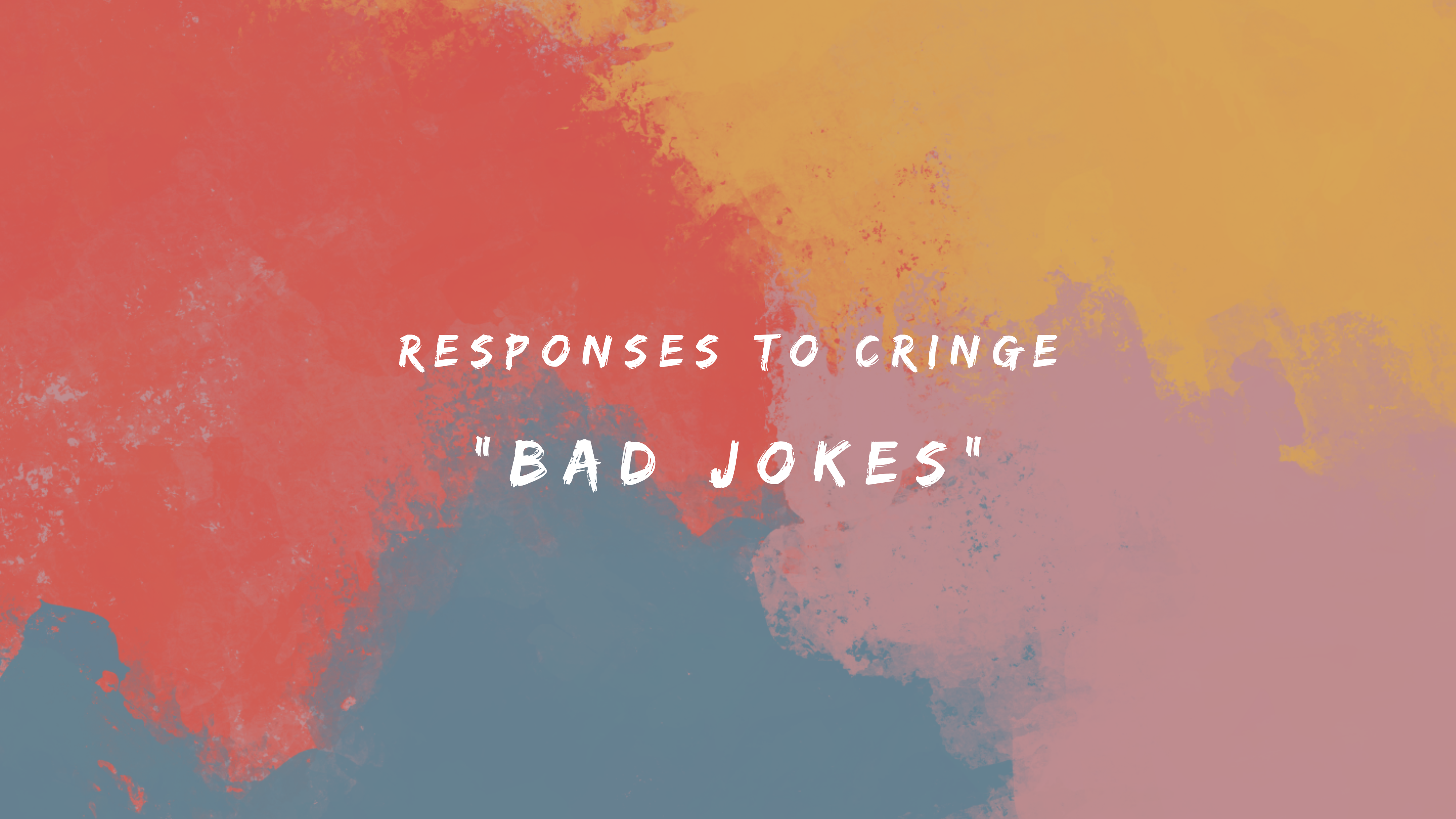
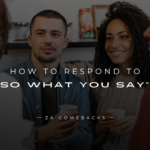


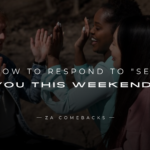



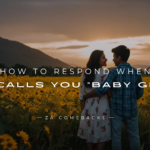
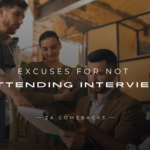

allegheny county real estate I really like reading through a post that can make men and women think. Also, thank you for allowing me to comment!
Tech to Force I like the efforts you have put in this, regards for all the great content.
Simply Sseven I truly appreciate your technique of writing a blog. I added it to my bookmark site list and will
I simply could not go away your web site prior to suggesting that I really enjoyed the standard info a person supply on your guests Is going to be back incessantly to investigate crosscheck new posts